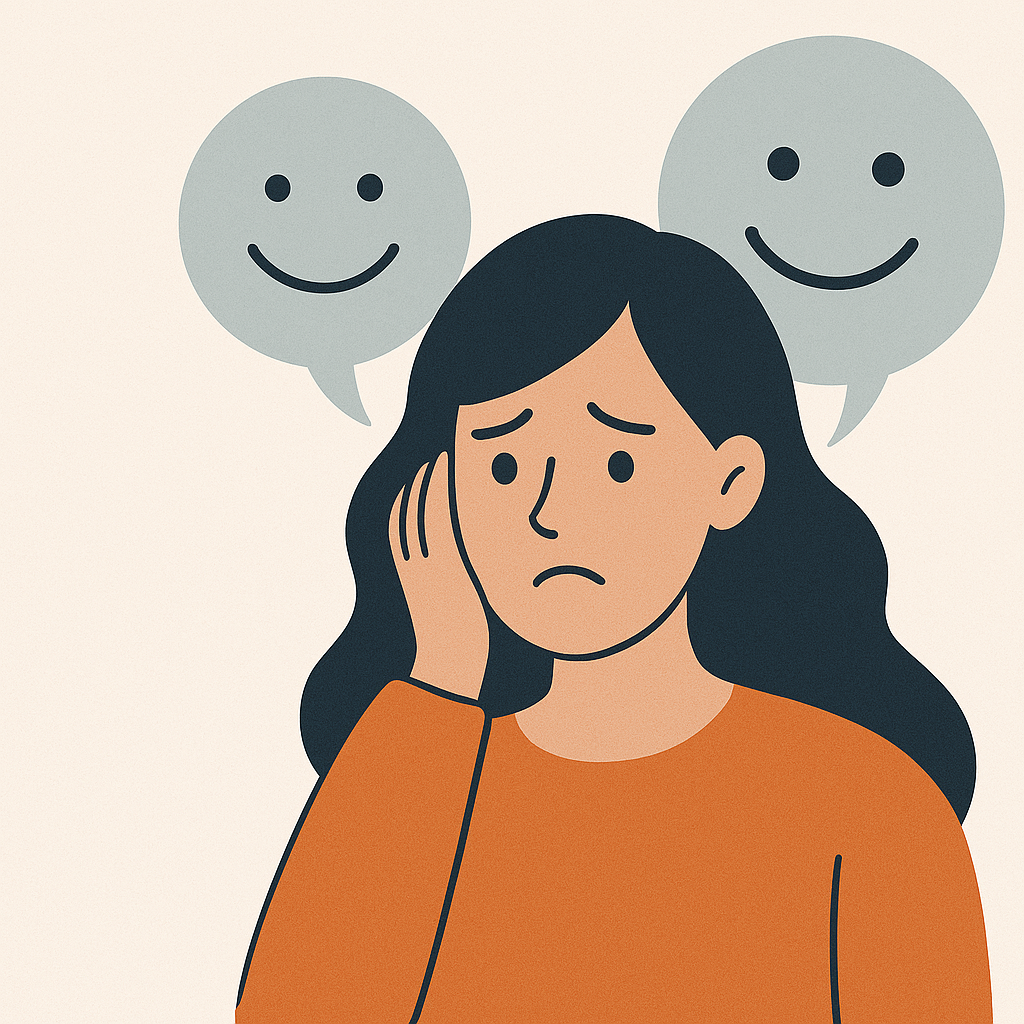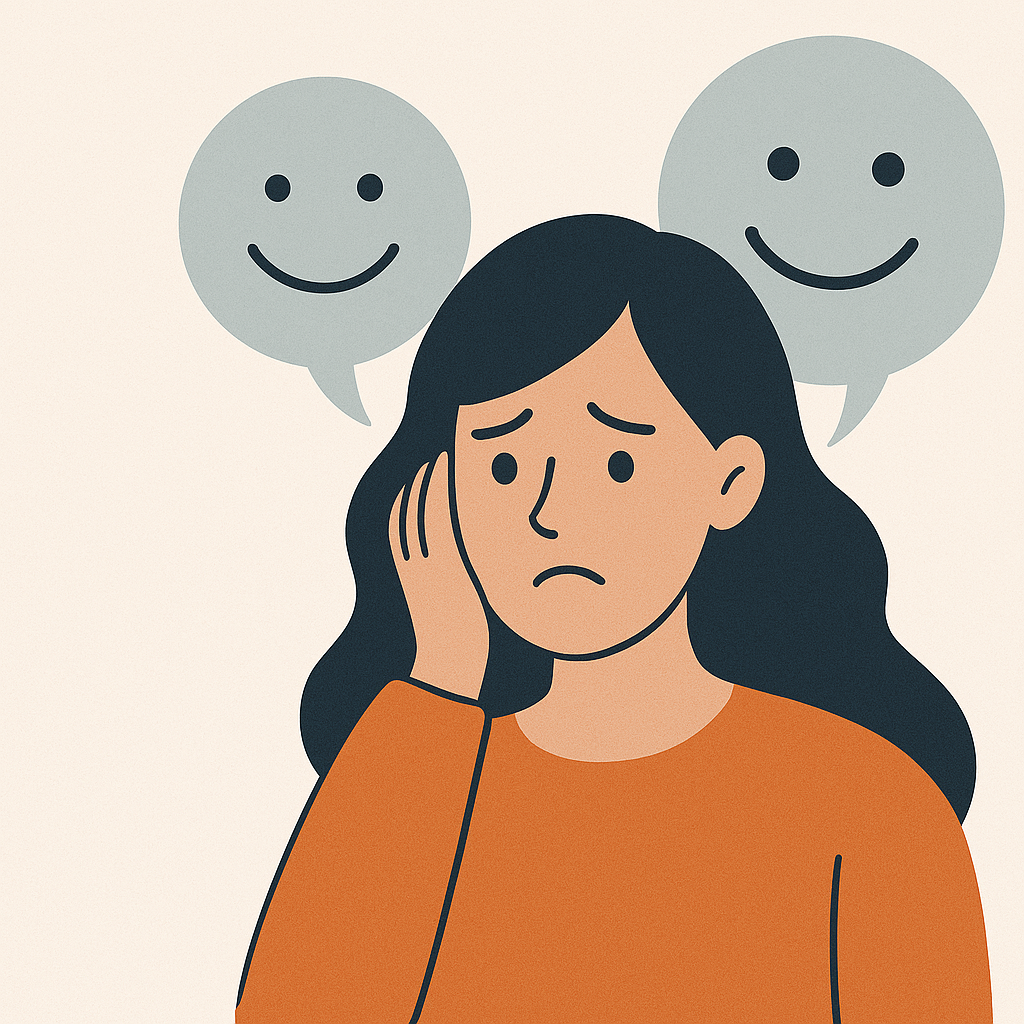
At first glance, people-pleasing looks like generosity. A helpful teammate. A good friend. Someone who always shows up. But behind that smile and yes-is-my-favorite-word attitude, there’s often a complex web of fear, learned behavior, and quiet self-abandonment.
What Is People-Pleasing, Really?
People-pleasing is more than being kind or considerate. It's an excessive need to gain approval and avoid conflict, often at the expense of our own emotional well-being. Psychologists call it a “fawn response"—a trauma-adjacent behavior where a person tries to maintain safety by appeasing others.
And it’s incredibly common. According to research published in the Journal of Anxiety, Stress & Coping, people with high levels of people-pleasing tendencies often report elevated stress levels and poor boundary-setting skills. It’s not just exhausting. It’s dangerous.
Where It Comes From
This pattern is frequently tied to early attachment wounds. If you grew up in a home where love or attention had to be earned—where being “easy” or “good” kept the peace—you may have learned to put others’ emotions ahead of your own. According to attachment theory, people with anxious-preoccupied attachment styles are especially prone to people-pleasing as a coping mechanism.
Even workplace culture can reinforce it. Studies from the Harvard Business Review show that employees who consistently say yes to avoid conflict are more likely to burn out—and less likely to be promoted—than those who assert healthy boundaries.
How It Manifests
Here’s the kicker: people-pleasing isn’t always obvious. It can look like:
- Apologizing constantly, even when you’ve done nothing wrong
- Saying yes out of guilt, not desire
- Avoiding conflict at all costs—even when your needs are valid
- Feeling responsible for everyone’s happiness
- Exhaustion, resentment, and confusion about who you even are anymore
And here's something critical: there’s a big difference between being genuinely kind and helpful—and being a people-pleaser. Being a team player, showing up for your loved ones, offering support... those are strengths. But when your sense of identity hinges on being needed, or when saying no triggers guilt or anxiety, that’s a red flag. It means your helpfulness may have crossed into self-erasure.
That distinction matters. Because being generous and collaborative can be beautiful, empowering traits. But when those traits are driven by a need to avoid rejection or discomfort, or when your own needs are consistently buried under everyone else's... it stops being kindness. It becomes performance. And it slowly chips away at your capacity to feel whole, grounded, or seen.
It can also turn into a sort of emotional contortionism—always shape-shifting to meet others’ expectations, never quite solid in your own self.
The Toll It Takes
The psychological consequences are real. A study in Behavior Therapy found that chronic people-pleasers experience more symptoms of anxiety, depression, and low self-esteem. Over time, this can erode not just our sense of self-worth, but our ability to make decisions, trust our gut, or even identify what we want.
On a physical level, chronic stress from over-pleasing can dysregulate cortisol levels, mess with sleep, and even contribute to inflammatory diseases. Being "too nice" can literally make you sick.
Breaking the Cycle
Unlearning people-pleasing doesn’t mean becoming selfish—it means reclaiming your agency. It means:
- Getting comfortable with discomfort (because not everyone will like your boundaries)
- Learning to say no with love and without apology
- Letting go of the false belief that your worth is tied to your usefulness
Therapy—especially modalities like CBT and inner child work—can be incredibly effective here. And small daily acts of self-validation go a long way: journaling, speaking up even when your voice shakes, making one tiny decision that puts you first.
As author and researcher Brené Brown says, “Clear is kind. Unclear is unkind.” That applies to your relationship with others and yourself.

